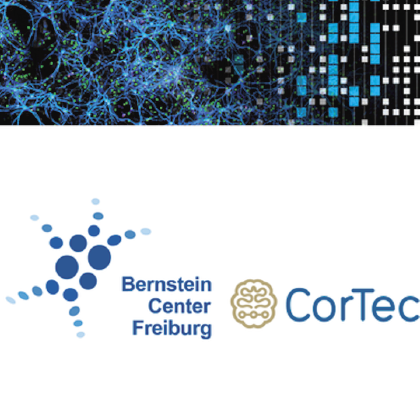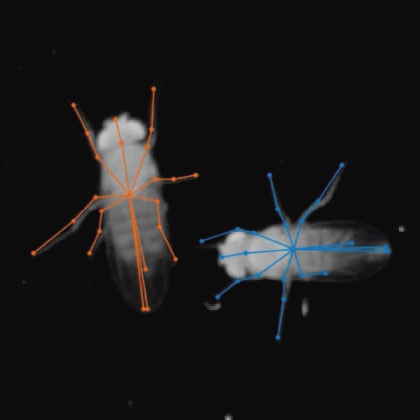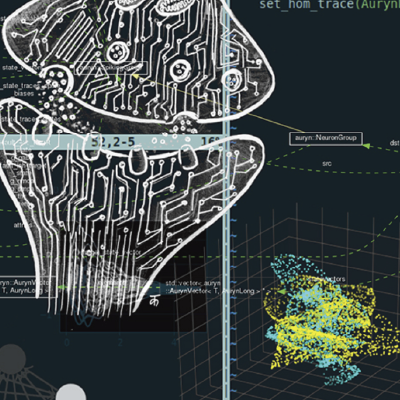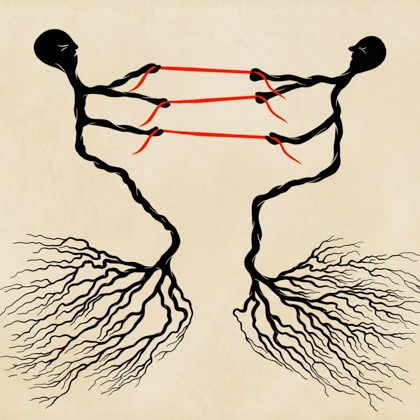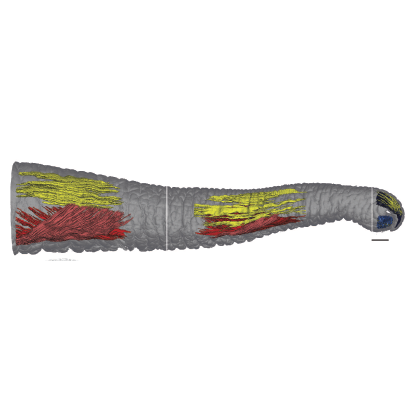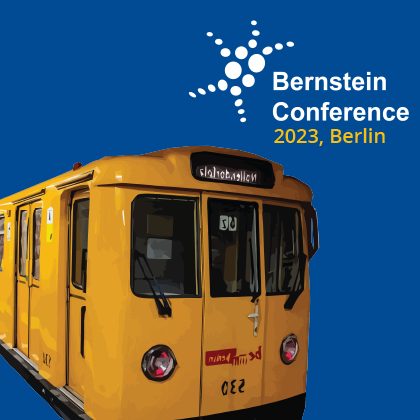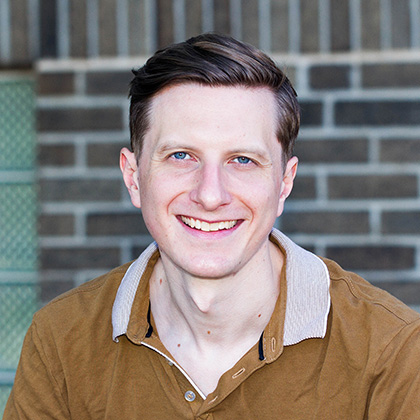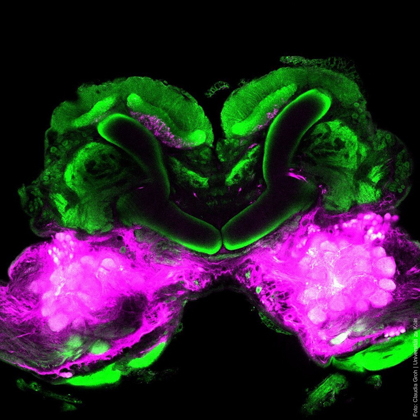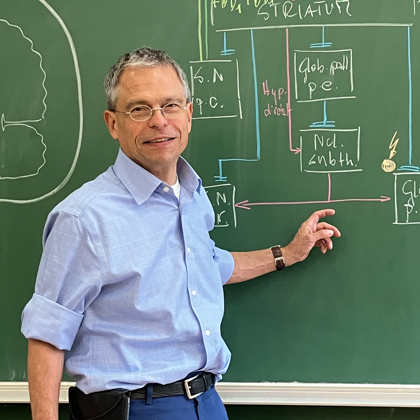Bernstein Network News. Find the latest news from our researchers regarding current research results, new research projects and initiatives as well as awards and prizes.
Bernstein-CorTec Award 2023
The Bernstein-CorTec Award honors outstanding scientific achievements in the field of Computational Neuroscience and Neurotechnology. The prize is awarded annually alternating for Doctoral or Master theses. In 2023, the prize is awarded to Aadhar Sharma for his Master Thesis on the topic: "The Dynamics of Adult Neurogenesis in the Dentate Gyrus".
Fruit fly serenade: Princeton neuroscientists decode the tiny creatures’ mating song
Love songs are at least as popular in the animal kingdom as on the radio. The importance of musically serenading your true love has driven plotlines from Twelfth Night to The Trumpet of the Swan to Happy Feet.
How AI can help uncover the way memory works
A symphony of electrical signals and a dynamic tangle of connections between brain cells help us to make new memories. Using AI-powered models of groups of neurons, FMI researchers are working towards unlocking how the brain orchestrates this dance. Their latest study has achieved a major advance in accurately simulating the changes in the connections between neurons that sense the external environment, opening the door to a greater understanding of how countless brain cells transform sensations into perceptions and thoughts. Eventually, AI-powered tools may help to illuminate some of the workings of real brains.
Distributed workload in the fly brain
Recognizing motion requires an enormous amount of computing power from the brain. A new study from Alexander Borst's department at the Max Planck Institute for Biological Intelligence shows how the fly brain masters this task: By performing a neuronal computation on three network levels, it distributes the workload over several steps. This is the first time that researchers have deciphered a neuronal network in which one cell type performs the same computation at all network levels. This approach helps fruit flies to reliably recognize different motion patterns – the prerequisite for staying on track.
Dexterous Elephants
Giants with microscopic muscles – New findings reveal the structure of the dexterous elephant trunk.
Public evening lecture: Evolutionary hanging game or leap innovation – News from the first brains
How did the first nerve cells and brains develop? And what does this question have to do with comb jellies (Ctenophore)? All interested parties are cordially invited to the public evening lecture on September 27 at 8 pm, where Prof. Dr. Fred Wolf from the University of Göttingen and the Max Planck Institute for Dynamics and Self-Organization will take the audience on a journey to the origins of brains and into the depths of the oceans. The lecture is part of the Bernstein Conference 2023, which is organized by the Bernstein Network Computational Neuroscience, the Humboldt University of Berlin and the Charité.
The Bernstein Conference attracts brain scientists from all over the world to Berlin
From September 26-29, international neuroscientists will meet in the facilities of the Humboldt University of Berlin and Charité to discuss the latest findings in Computational Neuroscience. This marks the end of an era, as the Bernstein Conference will move to Frankfurt am Main for the following years after several years in Berlin.
How valuable is my time?
Torben Ott has been awarded an ERC Starting Grant and want to use it to investigate the mechanisms that give value to our available time. The focus is on the neurotransmitter serotonin, which Ott suspects is the key element in time valuation. With the project, Ott wants to provide systematic access to our perception of time.
Control of behavioural decisions is similar in insects and mammals
A research team of the University of Cologne identifies the mushroom body as a centre for behavioural decisions in the insect brain / study published in ‘Current Biology’
Rostock scientists at the world’s forefront of dystonia research
In Collaborative Research Centers (CRC), interdisciplinary basic research is conducted according to the will of the German Research Foundation (DFG) as the funding body. The CRC 1270 ELAINE of the University of Rostock is far ahead in its special fields - electrically active implants and dystonia. Here, so-called deep brain stimulation brings new insights into the function of the brain.



